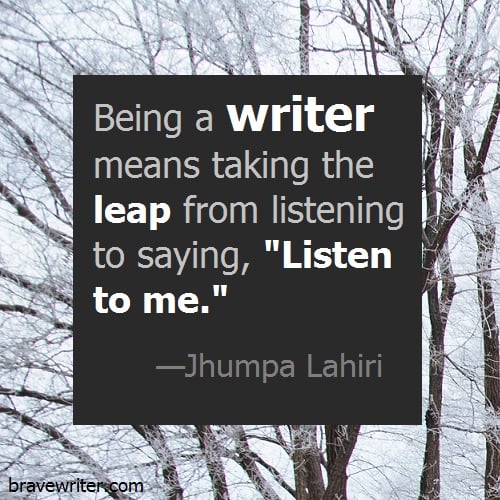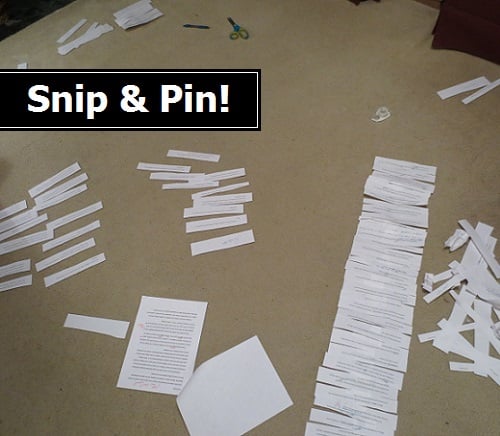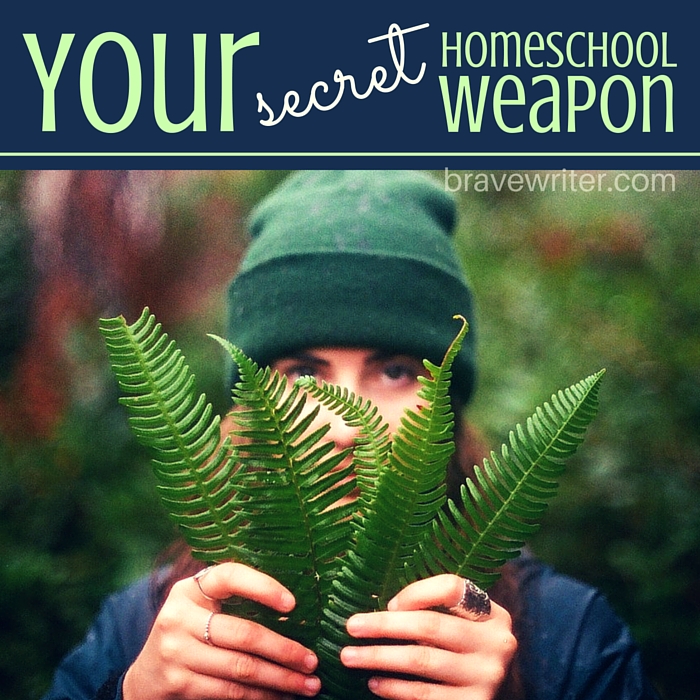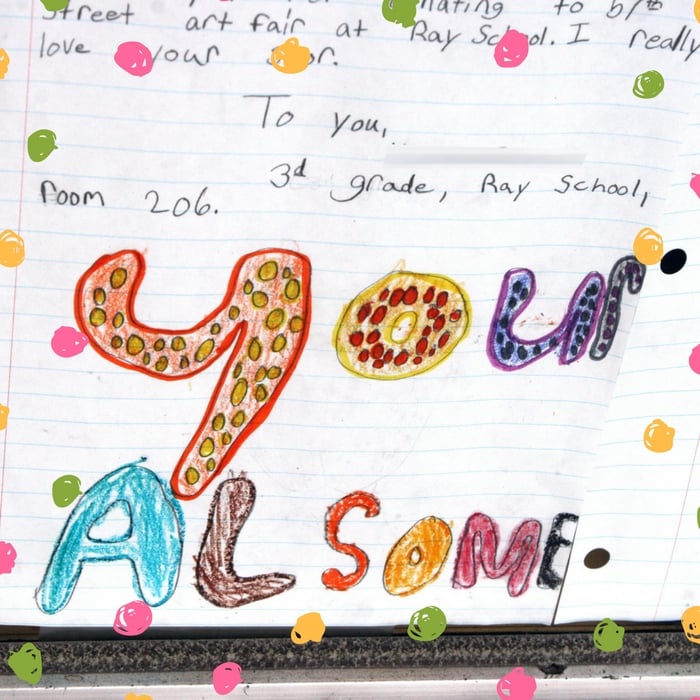A local writing organization in Cincinnati shared this quote by Jhumpa Lahiri and I thought it was a wonderful summary of what it means to “risk” self-disclosure in writing. There is no point at which writing stops being a risky act, which is why it is critical to support the writing our kids are brave enough to do and to share with us!
“It was not in my nature to be an assertive person. I was used to looking to others for guidance, for influence, sometimes for the most basic cues of life. And yet writing stories is one of the most assertive things a person can do. Fiction is an act of willfulness, a deliberate effort to reconceive, to rearrange, to reconstitute nothing short of reality itself. Even among the most reluctant and doubtful of writers, this willfulness must emerge. Being a writer means taking the leap from listening to saying, ‘Listen to me.’” —Jhumpa Lahiri
Background image by Ali Inay (CC.O)























